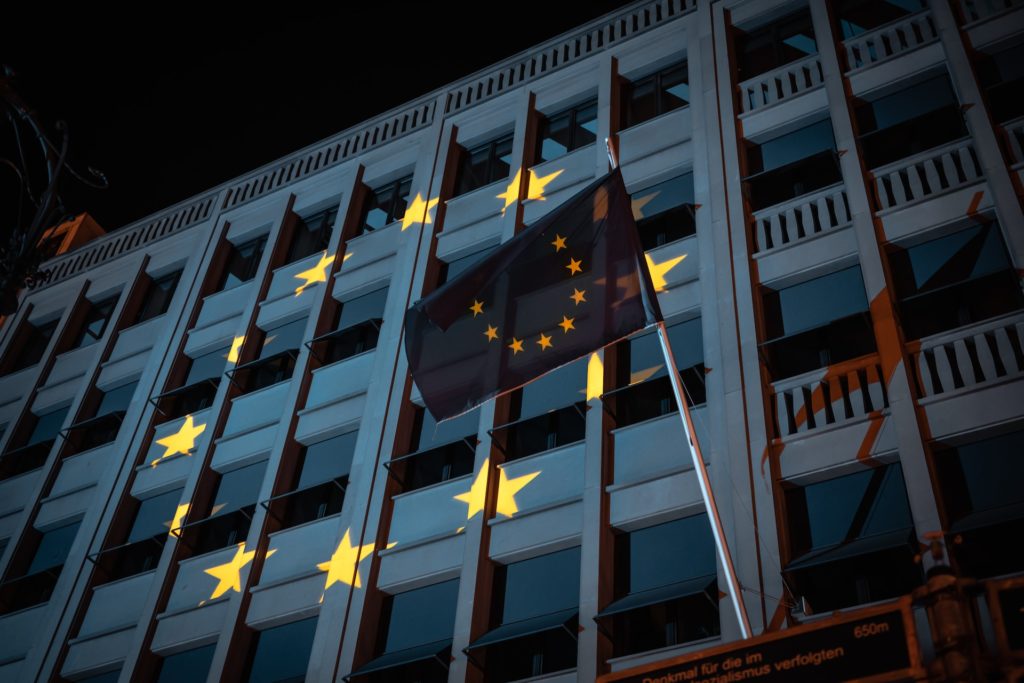In February 2022, a group of Members of the European Parliament (MEPs) headed by Pascal Arimont wrote several letters on myalgic encephalomyelitis/chronic fatigue syndrome (ME/CFS) to the European Commission. This article provides an overview of the Commission’s response to these letters.

The MEPs, who form the parliamentary interest group for ME/CFS, highlighted the lack of action since the European resolution on ME/CFS was adopted almost unanimously in June 2020. Arimont and colleagues added that some patients with Long COVID do not recover and go on to develop ME/CFS, making the need for action even more urgent. They also pleaded for the creation of a European Centre of Excellence for ME/CFS to spearhead the establishment of regional centers in Member States.
After a long delay, an official response by Mariya Gabriel, Commissioner for Innovation and Research, was finally received on October 14th. Her letter can be read below.
Scoping study
Commissioner Gabriel states that the long-promised scoping study was launched in March 2022 and is expected to be completed by the end of this year. This study will help define a new category of under-researched conditions with a high disease burden that can be targeted in future Horizon Europe calls. More on the scoping study and why it may be important for ME/CFS research can be found here.
Unfortunately, EMEC and MEPs advocating for ME/CFS were not informed that the scoping study started despite multiple requests to keep us informed. After contacting the Directorate-General for Research and Innovation (DG RTD) about the status of the scoping study, we were sent a survey by which we could provide comments on a preliminary definition of “high-burden underfunded diseases”. Both EMEC and the World ME Alliance were able to provide feedback to the scoping study using this survey.
Long COVID research
Commissioner Gabriel’s letter also lists various projects such as ORCHESTRA, DRAGON, and VERDI as examples of EU-funded research on Long COVID. EMEC has gone through the publicly available information on these projects. These are all large and complex studies, but they do not mention Long COVID in their description. Although it remains possible that research on Long COVID is included, it is not stated as an explicit goal.
The response by Commissioner Gabriel mentions that the ‘The Long COVID project’ also comprises several other conditions, including ME/CFS. The description of the study, however, does not mention ME/CFS explicitly. EMEC has therefore contacted one of the researchers for further information.
We were told that the project includes a randomized controlled trial at Helsinki University Hospital in Finland. Patients will be recruited from a Long Covid clinic and a clinic for functional disorders where ME/CFS patients are also treated. The trial will investigate the effectiveness of digital therapy and self-management programs. In our view, this cannot be seen as biomedical research on ME/CFS as the European petition demanded. We also oppose classifying ME/CFS as a functional disorder.
European Reference Networks (ERNs)
Lastly, the letter by Commissioner Gabriel responded to the possibility of including ME/CFS in a European Reference Network (ERN). The ERNs were requested to submit their proposals for the amendments of their disease coverage by 31 August 2022. EMEC previously investigated the possibility of including ME/CFS in the European Reference Network for Rare Neurological Diseases. However, the European Reference Network for Rare Neurological Diseases has not submitted any application to this call.
EMEC looks forward to the results of the scoping study and will continue to explore ways to stimulate research on ME/CFS across Europe.